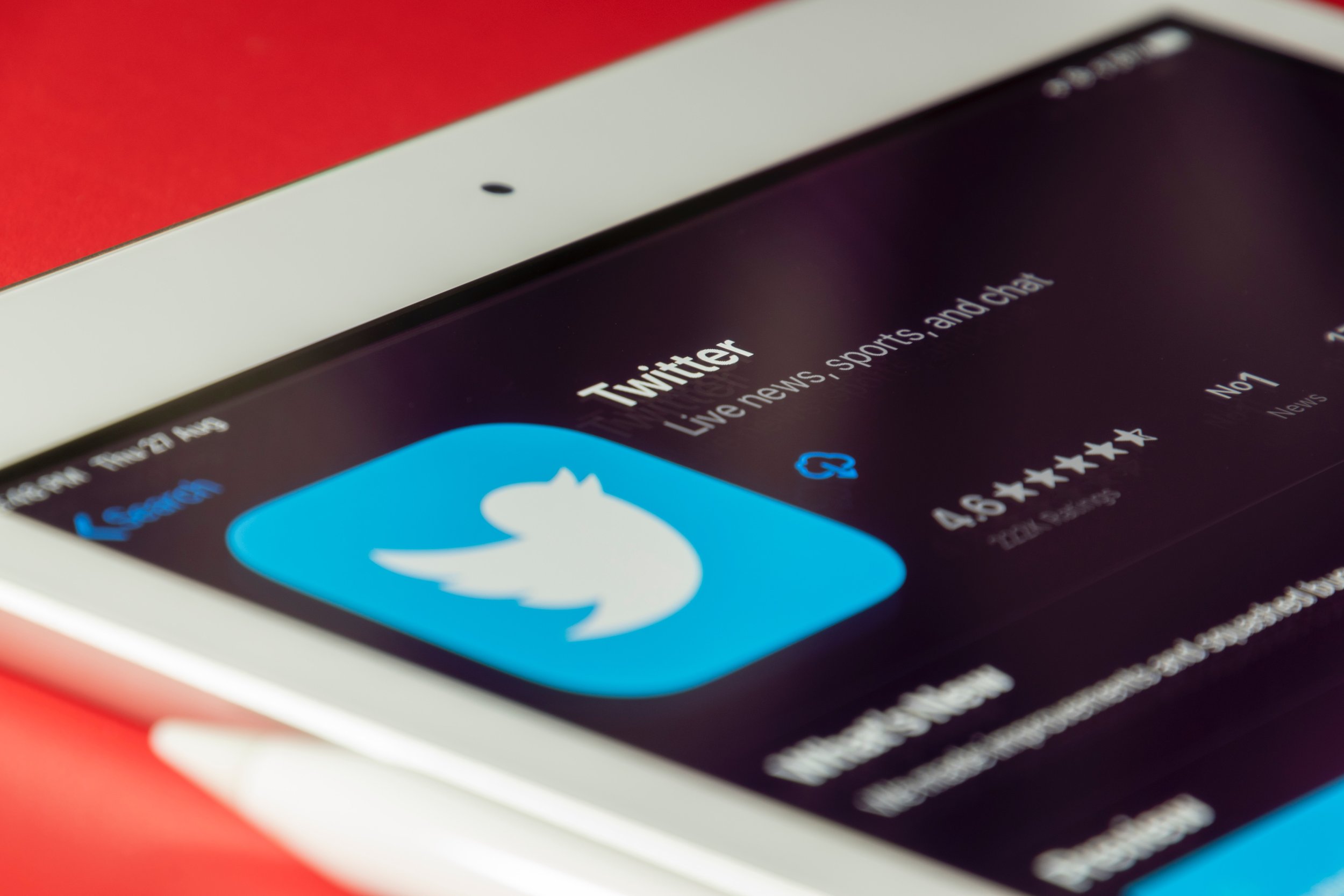
I Never Understood Twitter
The other day, in a matter of three minutes while I was in the grocery store, my Twitter account was irrevocably hacked.
I got in my car to go home, checking my email in case anything had come through for work, and there it was, in succession -“Your Twitter account was logged into from an unknown device” - “Your Twitter password was changed” - “Your Twitter email address was changed.” All attempts to reclaim it have failed, because Twitter doesn’t believe it’s me anymore.
It’s my fault. My Twitter account contained some old credentials that had been floating around on the dark web for years, and that I hadn’t bothered to update. But it’s also okay, because I never really understood Twitter anyway.
Someone once told me that Twitter is like going to a party, and you’re trying to talk to as many people as possible. This did not appeal to me, because I am an introvert and I don’t even really like going to parties. But I understood the concept. And I understand that’s why journalists, talking heads, politicians, and very social people really enjoy Twitter. Twitter is a way to engage in a national dialogue with a very eclectic group of people.
I joined Twitter back in 2012, because I thought I had something interesting to say. Back then, I used to blog about network television, and at one point I even got a brief viral retweet from EvilTroyAndAbed, which was the most exciting thing that ever happened to me on Twitter. But Twitter quickly became exhausting for me, because I had no desire to keep up with notifications and try to enter conversations just so I could talk to more people at the Twitter party. My tweets were always just lost in a sea of tweets, on the ever-refreshing Twitter feed.
Ultimately, I landed on using Twitter primarily for breaking news, and to creep on people with whom I have lost touch. And I realized that I do not really have anything interesting to say - at least, nothing that fits neatly into the Twitter landscape, and especially not now, looking at what the Twitter landscape has become.
In the summer of 2019, I was working at a large affordable housing organization that partnered with Yale for a program called Bulldogs in the Bluegrass. Yale sent two summer interns to us, and one of them was a darling 19 year-old young man named John. I ran the organization’s social media pages, by default, because nobody else wanted to, and I have mediocre graphic design skills and some amateur social media management experience. Our demographic for donors and volunteers was primarily a Facebook demographic, and John did not understand this. He said Twitter was where all of the people were hanging out.
I told him that may be true today, but that Twitter was a dumpster fire that had an expiration date. He thought this was hilarious. I told him that within five years (so, 2024), Twitter would be dying or dead. He laughed at this, and wrote it down. When he went back to Yale later that summer, he left a card on my desk and noted that he’d check back with me in five years to see if I was right about Twitter.
It’s nearly four years later, and as I went through the proper channels the other day to reclaim my Twitter account, I imagined one guy sitting in an empty open-plan office as a tumbleweed bounces past, pulling his hair out and trying to manage the hundreds (thousands?) of messages he was probably getting daily about hacked Twitter accounts. Elon Musk has eliminated a bulk of Twitter’s workforce, and there likely isn’t even a security team, at this point, to do any recon work on my stolen handle. The verification process is a mess, its source code was recently leaked, and the company’s market value has plummeted consistently since Musk took over. But let’s be clear, when Musk took over, Twitter was already bleeding dollars anyway.
I could be smug and self-righteous about seeing this coming from a mile away (and perhaps I am), but my prediction didn’t come from a financial standpoint. It came from a social standpoint. As much as people like to argue on the internet, only a certain kind of person wants to regularly be part of a volatile conversation. And that’s what happened to Twitter. The loudest, angriest voices have sifted to the top, while the rest of us try to keep the peace, or bring comic relief, or circle the conversation back to what it used to be, with very few successes.
The party in 2012 where I was trying to talk to as many people as possible has become a party of people I wouldn’t want to talk to, ever.
This is just a perspective from somebody who never really understood Twitter. I’ve had plenty of people tell me that I’m wrong, and I’m sure that will happen this time, too. And perhaps I am wrong. Maybe Twitter will turn itself around. Maybe there’s always room for national dialogue with an eclectic group of people, and that beauty of Twitter will never die, regardless of how many iterations it morphs into over the years. I’ll probably open another account, to continue my creep on old friends and breaking news.
But as I see it now, Twitter is on a slow burn to death. My hacked account is just another headstone in its cemetery.